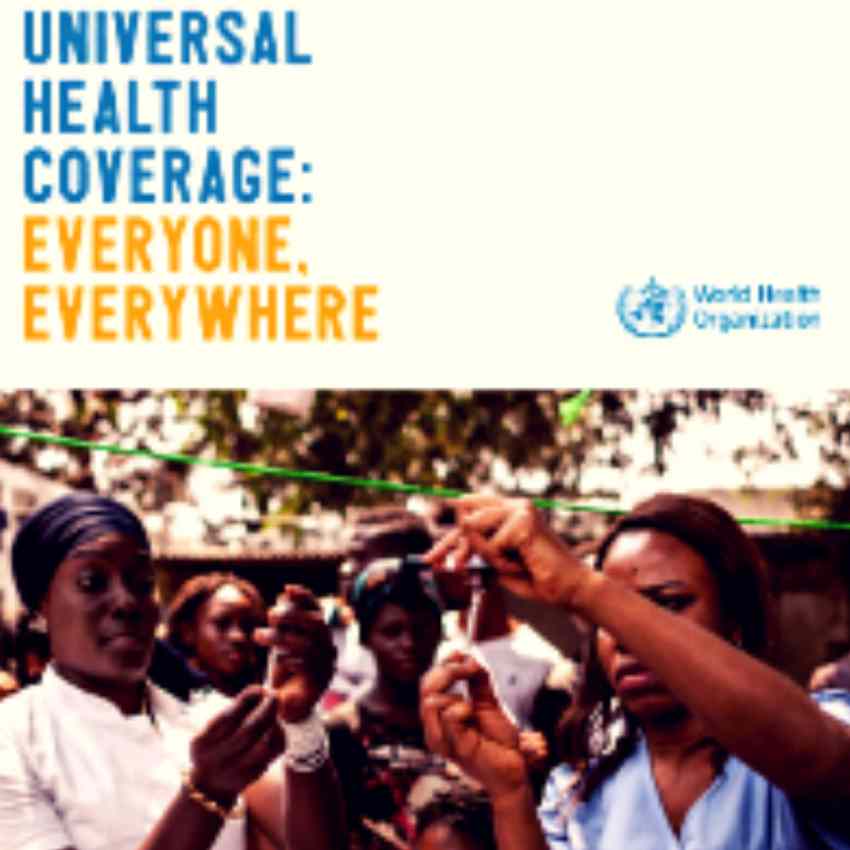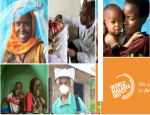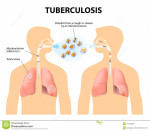The World Health Day is a global health awareness day celebrated every year on 7 April, under the sponsorship of the World Health Organization (WHO), as well as other related organisations. The World Health Day is held to mark WHO’s founding. It is seen as an opportunity to draw worldwide attention to a subject of major importance to global health yearly.
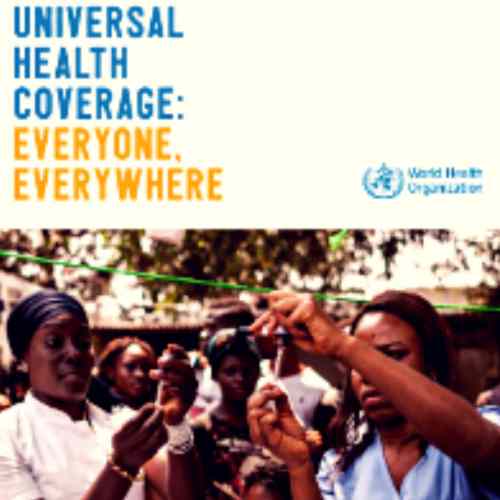
This year marks the 70th anniversary of World Health Day. The theme for this year is “Universal health coverage: everyone, everywhere” and the slogan is “Health for All“. This time WHO is calling on world leaders to live up to the pledges they made when they agreed the Sustainable Development Goals in 2015, and commit to concrete steps to advance the health of all people. This means ensuring that everyone, everywhere can access essential quality health services without facing financial hardship.
What Universal Health Care Is
UHC means that all people and communities receive the health services they need without suffering financial hardship. It enables everyone to access the services that address the most important causes of disease and death and ensures that the quality of those services is good enough to improve the health of the people who receive them.
What Universal Health Care Is Not
UHC does not mean free coverage for all possible health interventions, regardless of the cost, as no country can provide all services free of charge on a sustainable basis. UHC is not only about ensuring a minimum package of health services, but also about ensuring a progressive expansion of coverage of health services and financial protection as more resources become available.
It is not only about medical treatment for individuals, but also includes services for whole populations such as public health campaigns – for example adding fluoride to water or controlling the breeding grounds of mosquitoes that carry viruses that can cause disease. UHC is not just about health care and financing the health system of a country. It encompasses all components of the health system: systems and healthcare providers that deliver health services to people, health facilities and communications networks, health technologies, information systems, quality assurance mechanisms and governance and legislation.
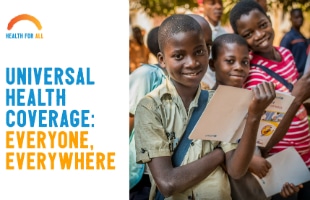
Universal Health Care In Nigeria
Health experts say accountability, financial and political issues are threats to effective application of Nigeria’s Universal Health Coverage, a scheme targeted at providing full and equal access to healthcare to people and communities in various parts of the country.
The World Health Organisation (WHO) ranked Nigeria 187 out of 191 countries in its ranking of the world’s health systems, this shows Nigeria has a lot to do in improving its health system and making healthcare affordable and accessible to all it’s citizens
It is important for Nigeria to achieve universal health coverage to deliver substantial health, economic and political benefits across populations. Health experts say healthcare provision should be considered as a human right. People should’nt be denied access to healthcare due to financial reasons or any other issues which might hinder healthcare access.
“Today, Nigeria is yet to find solutions to most of the health challenges in the country, like incessant outbreaks of Lassa fever, high maternal and child deaths, poor primary health facilities, lack of functioning cancer machines, malnutrition, poor health emergency responses and many others. This is happening because the Nigerian governments, both at federal and state levels, do not place priority to healthcare”. Runcie Chidebe, executive director of Project Pink Blue.
Hopefully, the narrative is about to change in Nigeria. Universal health coverage is about ensuring all people can get quality health services. Where and when they need them, without suffering financial hardship. No one should have to choose between good health and other life necessities. UHC is key to people’s and nations’ health and well-being. Universal Health Care is feasible. Some countries have made great progress. Their challenge is to maintain coverage to meet people’s expectations.
All countries will approach UHC in different ways: there is no one size fits all. But every country can do something to advance UHC. Nigeria can too if our leaders make it a priority.
